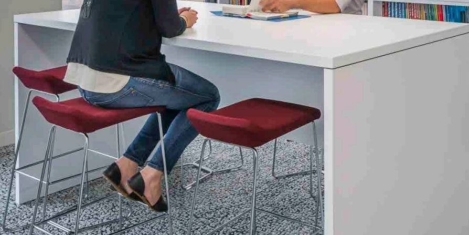April 1, 2019
Against metrics: how measuring performance by numbers backfires
 More and more companies, government agencies, educational institutions and philanthropic organisations are today in the grip of a new phenomenon. I’ve termed it ‘metric fixation’. The key components of metric fixation are the belief that it is possible – and desirable – to replace professional judgment (acquired through personal experience and talent) with numerical indicators of comparative performance based upon standardised data (metrics); and that the best way to motivate people within these organisations is by attaching rewards and penalties to their measured performance. (more…)
More and more companies, government agencies, educational institutions and philanthropic organisations are today in the grip of a new phenomenon. I’ve termed it ‘metric fixation’. The key components of metric fixation are the belief that it is possible – and desirable – to replace professional judgment (acquired through personal experience and talent) with numerical indicators of comparative performance based upon standardised data (metrics); and that the best way to motivate people within these organisations is by attaching rewards and penalties to their measured performance. (more…)















 Intuit UK yesterday hosted almost 200 women, with diverse backgrounds across class, ethnicity and age, who are part of The Pipeline’s alumni of their Leadership Summit programme. Over 50 percent of women in the room who attended Leadership Summit have been promoted or have broadened their role since finishing the programme.
Intuit UK yesterday hosted almost 200 women, with diverse backgrounds across class, ethnicity and age, who are part of The Pipeline’s alumni of their Leadership Summit programme. Over 50 percent of women in the room who attended Leadership Summit have been promoted or have broadened their role since finishing the programme.




















March 29, 2019
Co-design is an old idea, but it belongs to the 21st Century like never before
by Jonathan Hindle • Comment, Workplace design